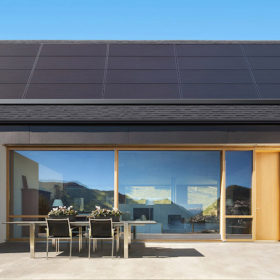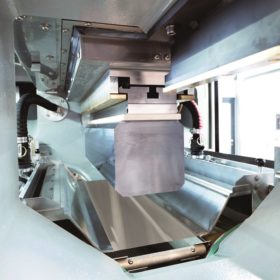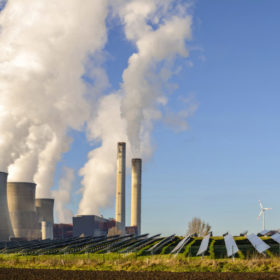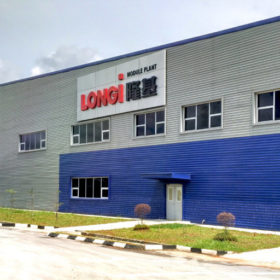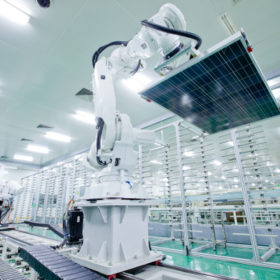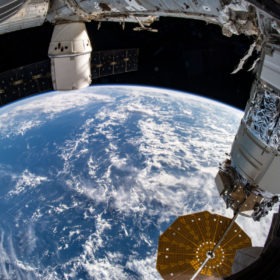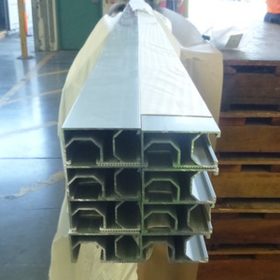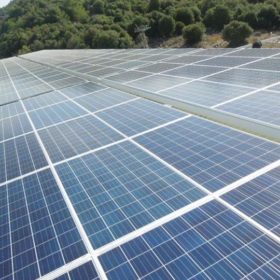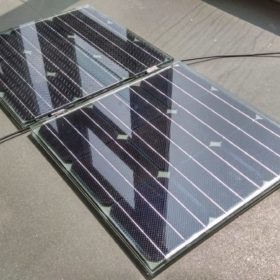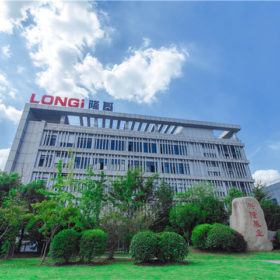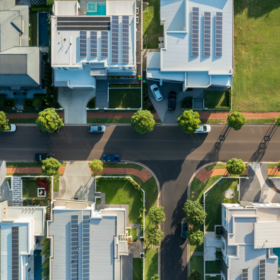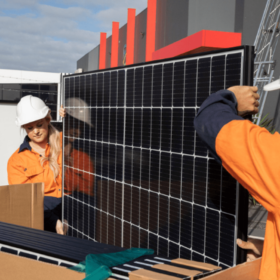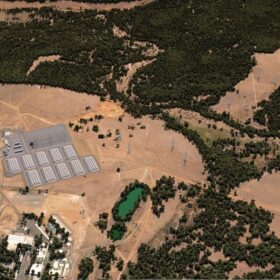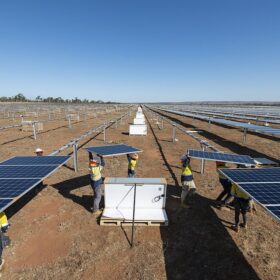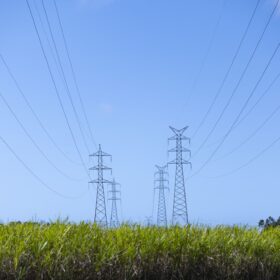A record-breaking quarter for Tesla energy storage and an improvement in solar
The internet’s favorite energy company installed 530 megawatt-hours of battery storage in Q4, beating out the previous record, set last quarter, as well as showing continued improvement in solar installations.
U.S. researchers put slimmer silicon back on the table
With solar grade polysilicon prices having plummeted in recent years, cutting down on consumption of the material has not been a priority. But strategies exist and significant savings can be made through deploying thinner wafers that use less silicon, insists a new paper published by MIT and NREL. And as manufacturers are increasingly hitting dead ends on other routes to cost reduction, this option could be back on the table for many.
‘China will add 35-38 GW of solar this year’
Power generation statistics released by the National Energy Administration appear to confirm the nation added 12 GW of solar last month. China also deployed another 41 GW of polluting coal-fired power plants last year.
Longi claims 22.38% efficiency world record for PERC mono panel
The Chinese manufacturer said the result was confirmed by Germany’s TÜV Rheinland. The achievement beats the company’s previous record of 21.65%, set last month.
Jinko claims two more efficiency records for bifacial panels
The Chinese manufacturer has achieved conversion efficiencies of 21.82% and 22.49% for its p-type PERC and n-type HOT bifacial panels, respectively. The results were confirmed by Germany’s TÜV Rheinland.
Solar cells from space are on the way
A team at the U.S. National Renewable Energy Laboratory has come up with a new process that would reduce the production cost of highly expensive – and highly efficient – gallium arsenide cells.
Queensland, Victoria solar businesses burnt $1.3 million for duty evasion
Unnamed Queensland and Victoria solar businesses have been ordered to pay hefty fines, after being caught misclassifying solar mounting kits imported from China. Earlier this year, the Australian Border Force announced it was tightening screws on the dumping of aluminium extrusions, mostly used to mount solar panels.
Risen Energy unveils 500 Wp+ half cut mono PERC modules
The PV manufacturer announced the development of the new solar panels, which feature new M12 series monocrystalline wafers, at a conference on Thursday in the Chinese city of Ningbo. The 50-cell modules are actually slightly bigger than 72-cell designs with 156.75 mm wafers, it said.
Walking on sunshine
Chinese scientists have developed a PV floor tile they say is suitable for pavements and cycling tracks. The devices were tested on a ‘green deck’ in Hong Kong. The developers say the tiles have demonstrated satisfactory solar energy conversion, anti-slip performance, heat-resistance and strength.
Another day, another $483m – of Longi production capacity plans
The Shaanxi-based solar manufacturer has made its 14th announcement this year of an intent to expand its ingot, wafer, cell and module output. Thus far – and we’re still three weeks short of year-end – the bill for the 112 GW of extra production spelled out in 2019 comes to a near $4.2 billion.
